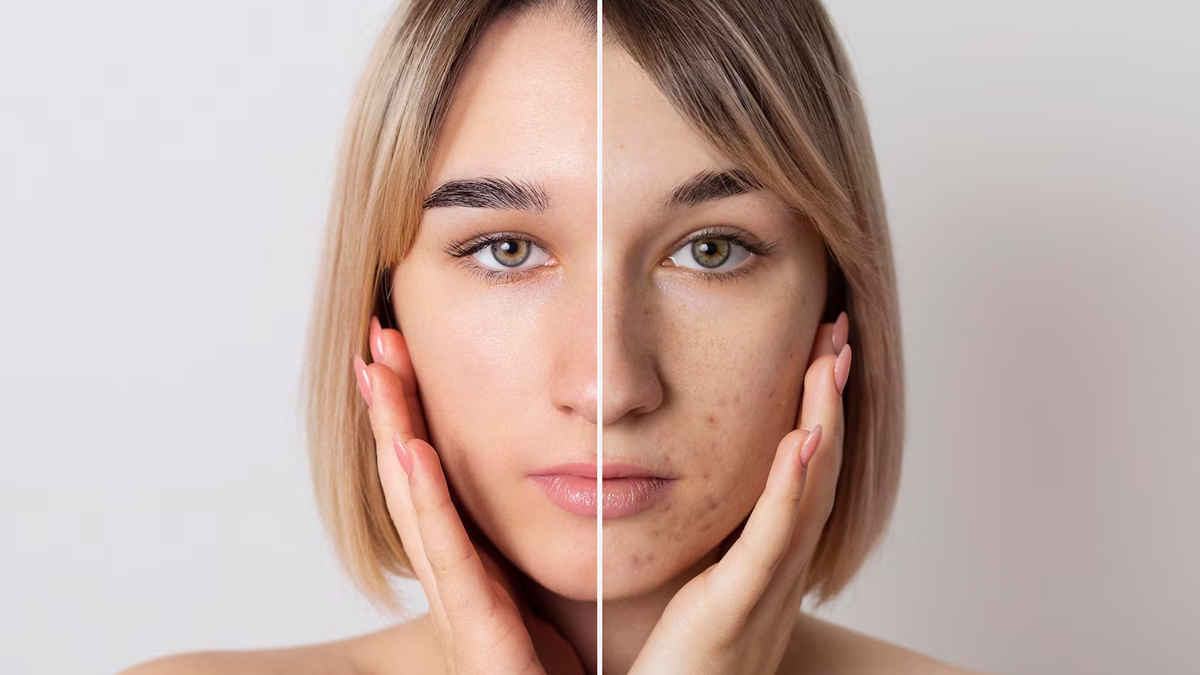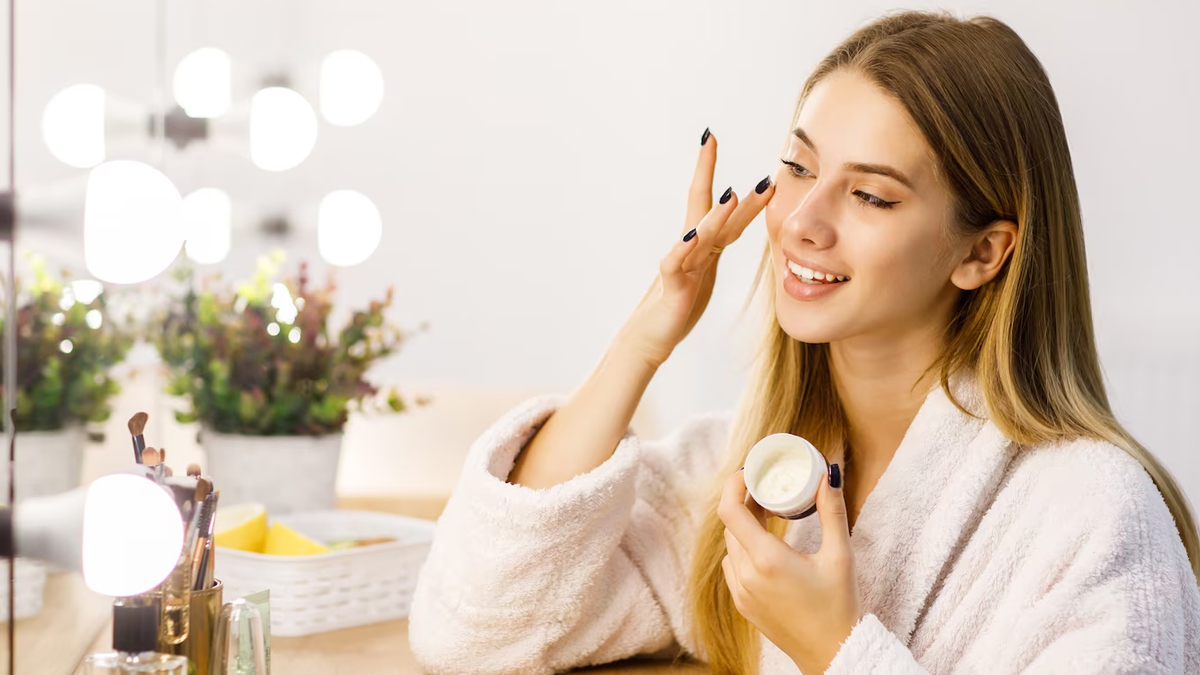-1750243095597.webp)
Dark spots, also known as hyperpigmentation, are areas on the skin that appear darker than the surrounding area. It occurs due to excess melanin production, often a result of sun exposure, acne scars, hormonal changes, or skin injuries. While they're harmless, dark spots can appear aesthetically unpleasing, which is why many people resort to various skincare remedies. However, the OnlyMyHealth team got in touch with a dermatologist to determine which skincare products and ingredients worked best for reducing dark spots and hyperpigmentation.
Table of Content:-
Also Read: Uneven Skin Tone and Pigmentation? Here’s How Q-Switch Laser Can Transform Your Skin
Characteristics Of Dark Spots And Hyperpigmentation

Dark spots and hyperpigmentation are characterised by discoloured patches of skin that appear darker than the nearby area.
According to Dr Nidhi Singh, Senior Consultant – Dermatology, Gleneagles Health City, Perumbakkam, Chennai, dark spots occur due to excess melanin production triggered by factors like sun exposure, hormonal changes (melasma), inflammation (post-acne marks), certain medications, or skin injuries.
These spots can vary in size and typically appear on areas frequently exposed to the sun, such as the face, hands, shoulders, and back.
Common conditions associated with dark spots include sunspots, melasma, Post-iInflammatory Hyperpigmentation (PIH), and acanthosis nigricans.
According to StatPearls Publishing, melasma, also known as 'mask of pregnancy', is present in 15-50% of pregnant patients. The prevalence varies between 1.5% and 33%, depending on the population.
Skincare Ingredients That Can Help Reduce Dark Spots

If you’re someone struggling with dark spots and hyperpigmentation, Dr Singh shared a list of skincare ingredients that may help:
- Niacinamide: Reduces melanin transfer to skin cells.
- Vitamin C: Antioxidant that brightens skin and reduces free radical damage.
- Azelaic acid: Helps with acne-related pigmentation and is safe for sensitive skin.
- Tranexamic acid: Especially useful in treating melasma.
- Retinoids: Promote cell turnover, helping to fade dark spots gradually.
- Kojic acid, arbutin, and liquorice extract: Gentle brighteners that inhibit melanin production.
Also Read: Dark Spots After Waxing? Here Is How You Can Prevent Hyperpigmentation After Hair Removal
How Long Does It Take For Dark Spots To Fade With Proper Skincare?
“With consistent use of topical treatments and sun protection, visible improvement is usually seen in 6-12 weeks, depending on the severity and underlying cause,” said Dr Singh.
Which Ingredients Should You Avoid?
It is important to understand that every skin is different, and what may work for you may not work for someone else.
However, there are a few skincare ingredients or products you should avoid, especially if they don’t suit you. These include hydroquinone in high concentrations, strong retinoids without supervision, and harsh exfoliants like physical scrubs. These can worsen irritation or trigger breakouts.
Always get a patch test and consult a dermatologist for tailored advice.
Role Of Sunscreen

Sunscreen is the best source of protection against the sun’s Ultraviolet (UV) rays, which can lead to sunburn and damage.
Dr Nidhi explained, “Sunscreen prevents further UV-induced pigmentation and protects the skin while active ingredients work to fade existing spots.”
A review of studies published in the Indian Journal of Dermatology found that using sunscreen is an important part of treating melasma and PIH, especially in people with darker skin tones. These conditions often worsen with exposure to UV rays and visible light, yet patients with skin of colour are less likely to use sun protection, researchers further noted, recommending the use of sunscreens that protect against UVA, UVB, and visible light.
Conclusion
Dealing with dark spots can feel frustrating, especially when they seem to linger no matter what you try. But with the right skincare ingredients, a little patience, and daily sun protection, you can start seeing positive results over time. The journey to clearer, more even-toned skin isn't always easy and quick, but it’s absolutely possible. And if you're unsure where to begin, talking to a dermatologist can help you find what works best for your skin type.
Also watch this video
How we keep this article up to date:
We work with experts and keep a close eye on the latest in health and wellness. Whenever there is a new research or helpful information, we update our articles with accurate and useful advice.
Current Version